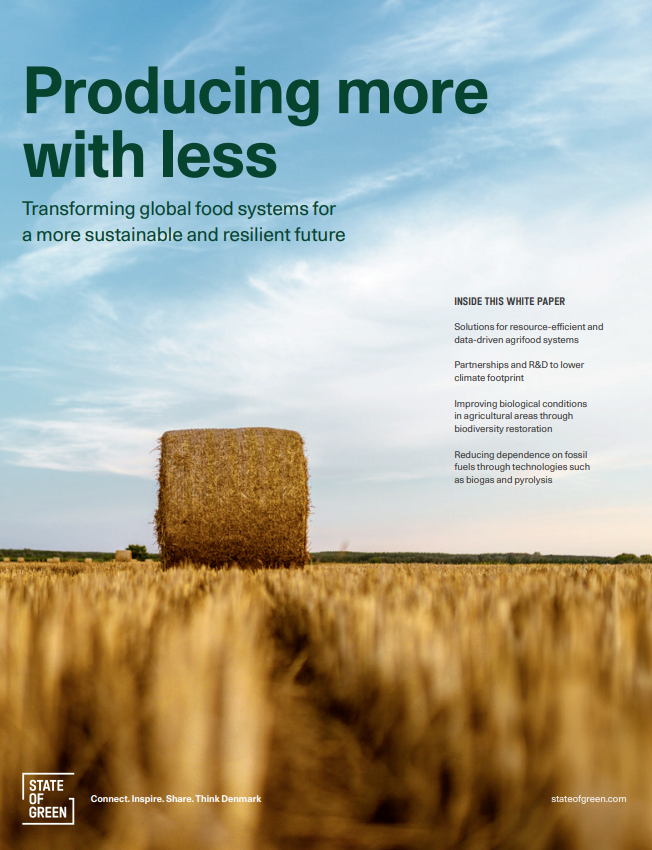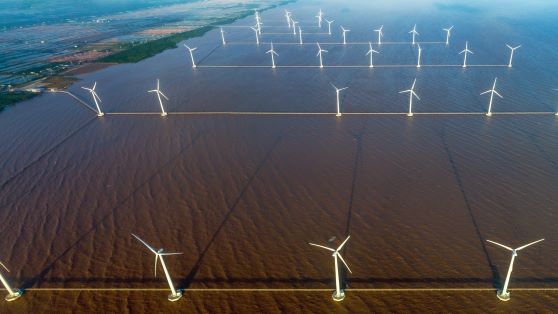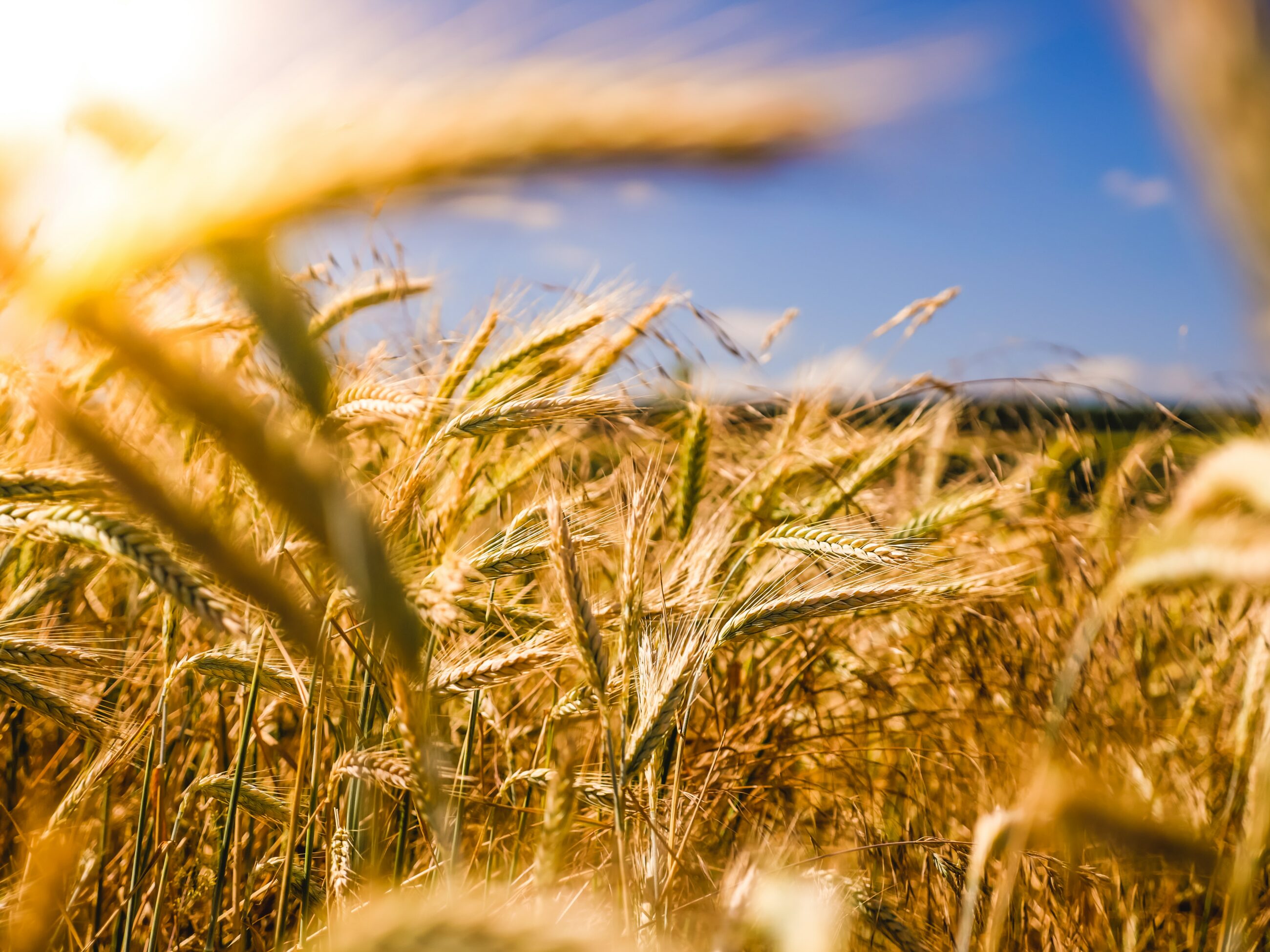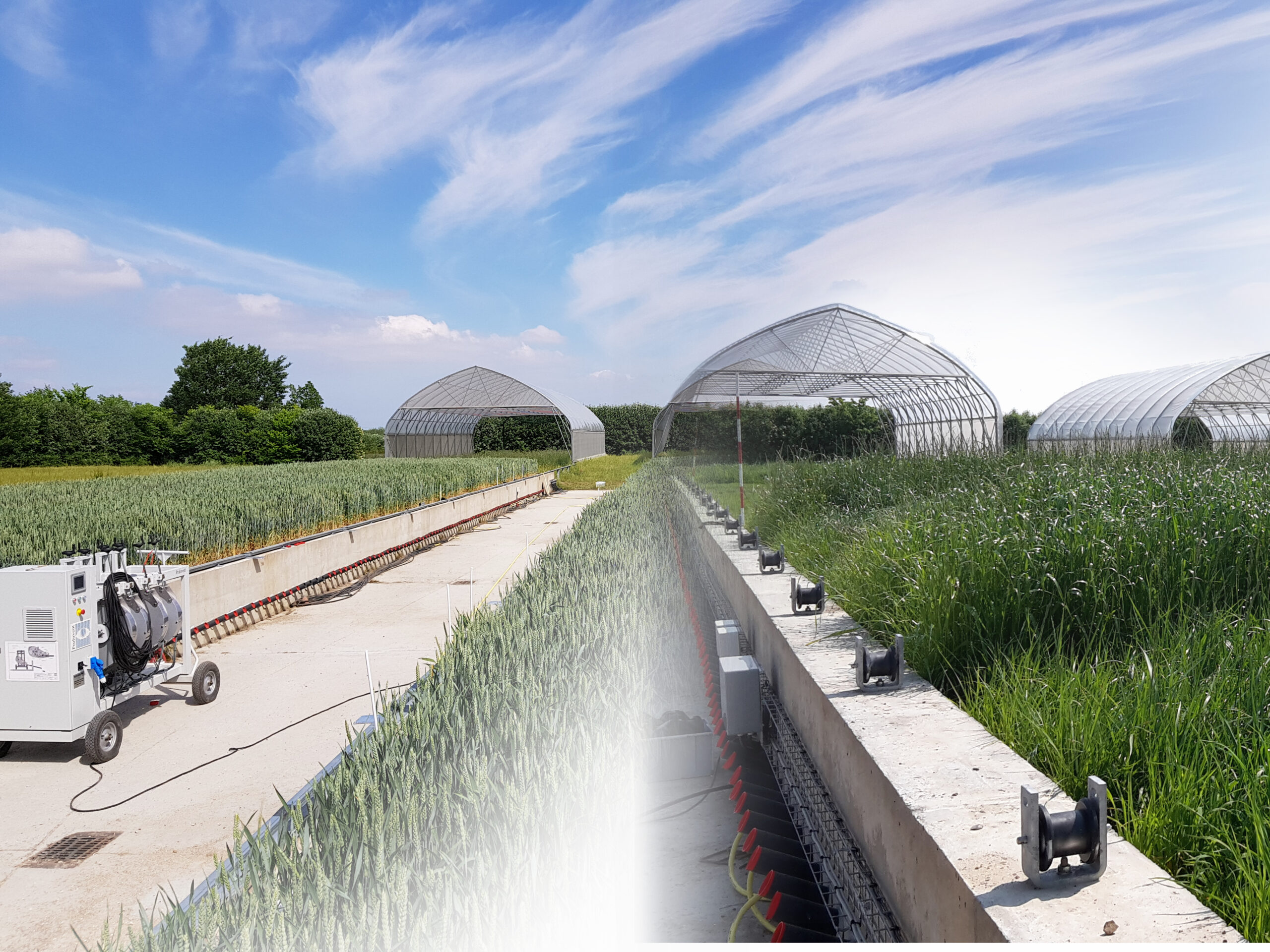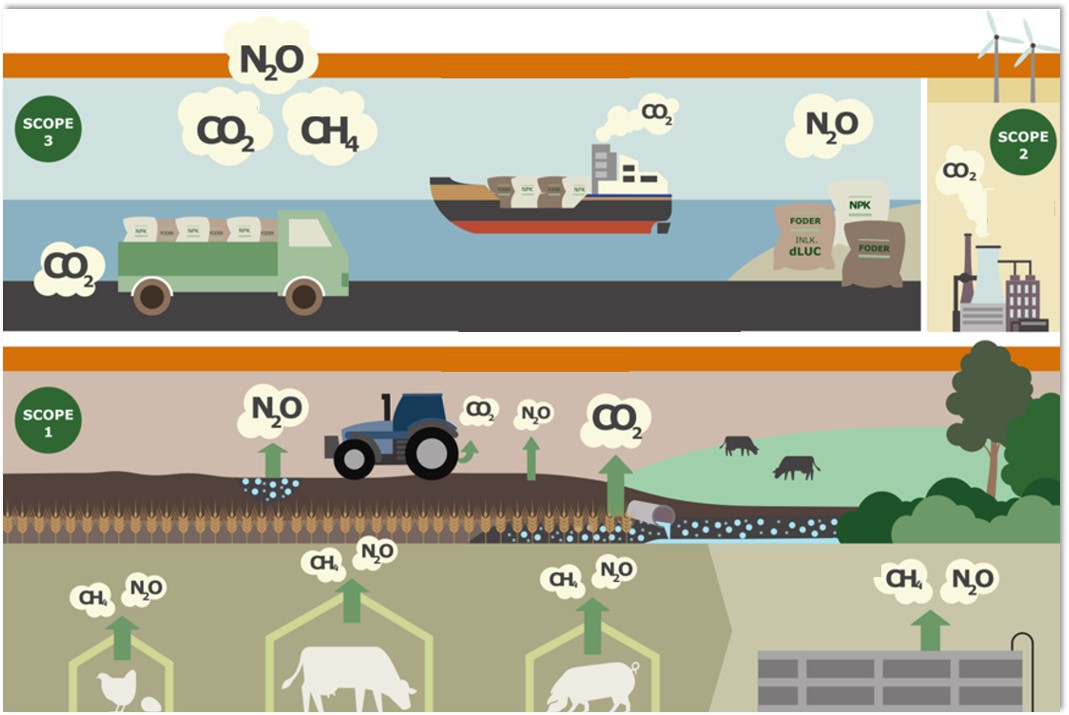News
Bioenergy
Biomass
Stiesdal’s new concept aims to ensure clean jet fuel
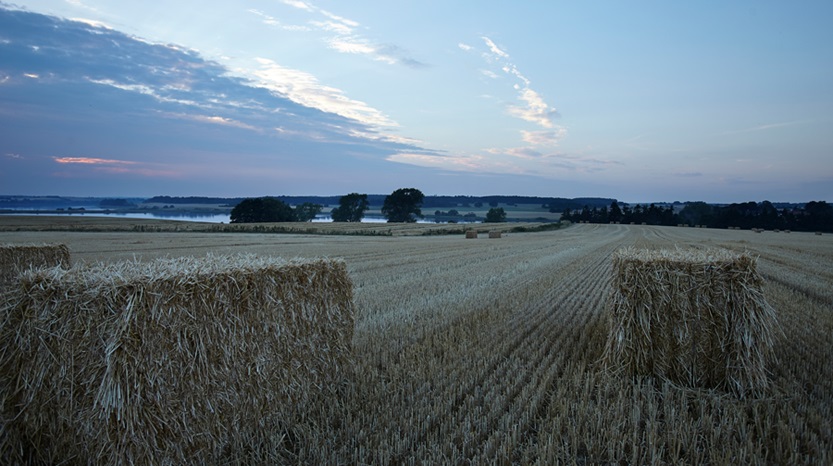

Henrik Stiesdal is not only busy inventing new floating offshore wind turbine platforms and energy storage technologies. With his new SkyClean concept, the Danish wind industry's revered inventor now also aims to restructure the aviation sector by creating climate-neutral jet fuel using agricultural substances such as straw and manure – while simultaneously sequestering CO2 in the ground.
Lobby organization Danish Agriculture & Food Council thinks the concept is bankable and requests DKK 400 million in development aid from the Danish state to complete and demonstrate the technology.
" If we want to fight the climate crisis and ensure that the global warming does not exceed 1.5 degrees, we must find completely new solutions. One of the important solutions to which agriculture can contribute is to transform straw and slurry into climate neutral aviation fuel and at the same time halve agriculture’s climate impact, which is estimated at 10.4 million tons of CO2," writes the council's Vice Chair, Thor Gunnar Kofoed, in a statement, adding: "The Danish politicians' actions must match their climate ambitions, and we need them to find the funds for research and development of the project now."
-Related solution: Danish technology behind first green refinery for aviation fuel
Jet fuel from straw and waste fibers
The idea behind SkyClean is to prevent carbon emissions from the agricultural sector's decomposing surplus straw and waste fibers from biogas facilities from entering the atmosphere as CO2. A process involving pyrolysis will convert the substances into methanol, which will be mixed with electrolysis-sourced hydrogen generated from offshore wind farms – thus synthesizing jet fuel. The process' byproduct will then be sequestered in the form of bio-coal, which only releases smaller volumes of CO2.
Stiesdal described the concept in a feature article in Danish newspaper Berlingske in December. This has now resulted in a collaboration with the council, research institutions Aarhus University and the Technical University of Denmark (DTU) as well as his former employer Siemens. According to the originator, a pilot project would be possible in the span of five years, but the timetable for the technology's further perspectives is somewhat longer, however.
Besides creating a potential solution to one of the most significant climate-related challenges, the technology also holds potential to create a new industry in Denmark, Stiesdal says. "Besides doing something good for the climate, I also hope that with SkyClean we can create a new position of strength for Denmark. There is no doubt that if there is a political will to provide the necessary funds, it could potentially become a new, important business venture for Danish industry," says Stiesdal in the statement.
Source:
EnergyWatch
You should consider reading
publications
Resource efficient production
+15
